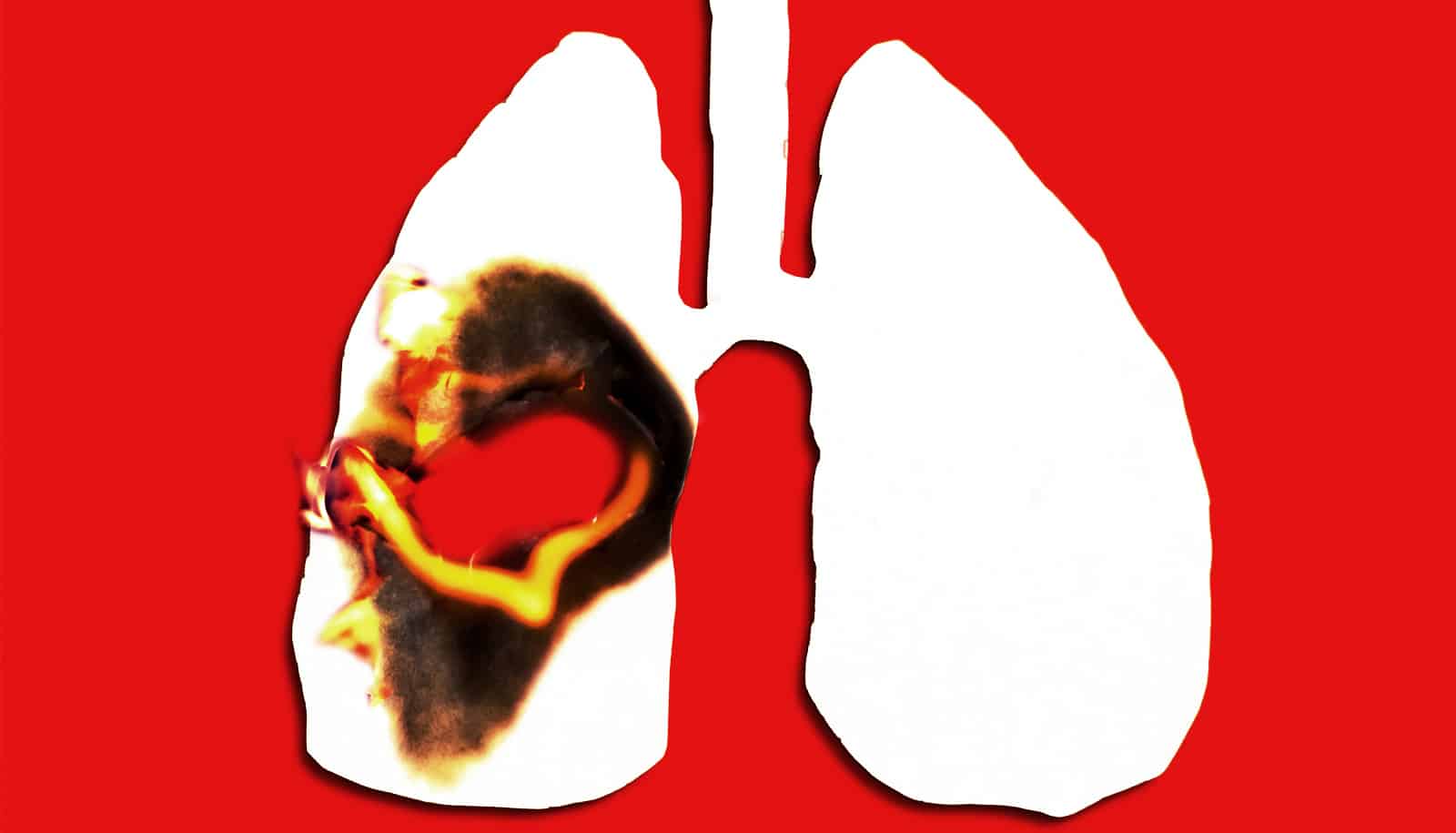People who lose a partner to suicide are at increased risk for physical and mental problems including cancer, mood disorders like depression, and even herniated discs.
The findings underscore the need for support systems for bereaved partners and others who have lost loved ones to suicide, since interventions addressing complicated grief could help mitigate some of the effects, researchers say.
“Health care providers, friends, and neighbors often do not know how best to support those bereaved by suicide.”
More than 800,000 people around the world die by suicide each year—and the suicide rate in many countries, including the United States, is on the rise.
The study, published in the journal JAMA Psychiatry, followed 4,814 Danish men and 10,793 Danish women bereaved by partner suicide for up to 35 years, from 1980 to 2014, and compared them to the general population of Denmark.
“It is an exceedingly devastating experience when someone you love dearly dies suddenly by suicide,” says study leader Annette Erlangsen, adjunct professor of mental health at the Johns Hopkins Bloomberg School of Public Health.
“We were able to show that being exposed to such a stressful life event as the suicide of your partner holds higher risks for physical and mental disorders and is different from losing a partner from other causes of death, such as illness or sudden accident.”
Even after death, one spouse relies on the other
Using Denmark’s Cause of Death Registry, researchers identified everyone in the country 18 or older who had died by suicide since 1970. Using other national records, the team then identified surviving partners, including spouses, registered partners, or those with whom the deceased cohabitated. The research team studied those individuals over the years after their losses.
Researchers compared this data to those from two other groups: Denmark’s general population age 18 or older between 1980 and 2014 and people in the general population who had suffered the death of partners through causes other than suicide.
People who lost partners to suicide were at more risk of cancer, cirrhosis of the liver, and spinal disc herniation than the general population. After long-term follow-up, there was an increased risk of sleep disorders and, for women only, chronic respiratory disease. The study found that suicide-bereaved partners also had an increased risk for mood disorders, PTSD, anxiety disorders, alcohol use disorder, and self-harm.
“The suicide rate in the United States is increasing, which makes this research even more relevant,” says Holly C. Wilcox, associate professor of mental health and psychiatry. “Health care providers, friends, and neighbors often do not know how best to support those bereaved by suicide.”
Public and private mix when we mourn on Twitter
While the researchers were not surprised by the thrust of the findings, there were some unexpected results, such as the finding of an increased risk for a herniated disc. Also, they found that partners who lost a loved one to suicide and then remarried had a lower chance of divorcing than the general population. At approximately 44 percent, the divorce rate in Denmark is comparable to that of other developed countries, including the United States.
“Maybe people who have experienced such a traumatic loss might be more selective when they choose a new partner and, as such, are less likely to experience a divorce,” Erlangsen says.
The research highlights the need for both personal and professional interventions for people whose lives have been affected by the suicide of their spouse or partner.
“This is a population in need of support and outreach,” Wilcox says. “Surviving a family member’s suicide is often a very isolating experience. Often friends and family of the bereaved are afraid of saying the wrong thing so they don’t say anything at all. The stigma associated with suicide can lead survivors to suffer in silence alone.”
The researchers say they chose Denmark because it has such rich data sets on its citizens. The findings, the researchers believe, are applicable to other countries.
The American Foundation for Suicide Prevention and the Danish Health Insurance Foundation supported the work.
Source: Johns Hopkins University



